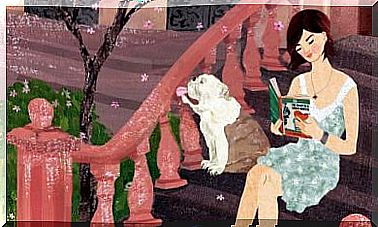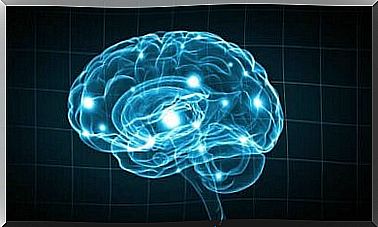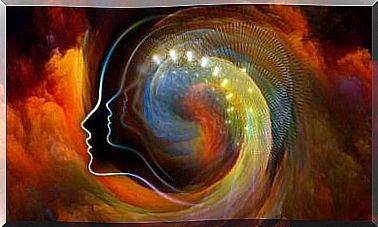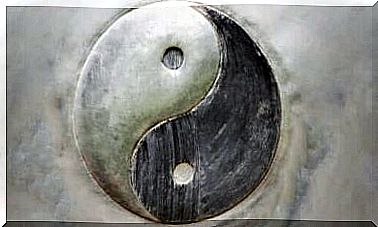Our Memories And Our Five Senses

As I walk down the street, lost in my thoughts and memories, I smell something. A bakery nearby tickles my nose with a perfume of warm cookies and cakes, butter, eggs and sugar, which takes me to another moment, to another place. Suddenly I am no longer walking down a city street, but in a house in the mountains, ten years old, playing hide and seek with my brother in the garden while my mother is cooking.
We have all experienced how a smell, a sound, a taste or an image drags us into a world of memories. Nothing can evoke memories from the past as intensely as our senses. They literally load our memories with full of emotions, positive ones like pleasure or happiness, but also negative ones like fear or anger. A song can remind us of a special moment with someone special or a trip with our friends. A landscape can take us back to our childhood memories and remind us of what we experienced in a certain place.
When it comes to recalling memories, our sense of smell is our most powerful. A simple scent can unleash a cascade of feelings. The aroma of coffee, the smell of wet grass or the smell of perfume. They immediately activate our imagination and are able to transport us to another place and time in a single moment.
Memories through smell
Smell is the sense most closely related to the hippocampus, a brain structure responsible for our memory. Smell is also linked to the limbic system, which is the emotional center of the brain. The rest of our senses (sight, hearing, taste, or touch) have to travel a much longer distance to reach the parts of the brain responsible for our memories and emotions.

Our sense of smell can awaken incredibly vivid memories and produce feelings that consist of that mixture of sensitivity and sadness that we call nostalgia.
A study called ‘Scents and Emotions’ conducted by psychologist Silvia Álava showed that people remember 35% of the things they smell and only 5% of the things they see. One thousand people between the ages of 25 and 45, both men and women, took part in the study. It was concluded that the memory is able to detect up to 10,000 specific aromas, but that it can only recognize 200 scents.
The research states that when we smell a perfume, this smell is not only registered by the brain, but that the brain simultaneously attaches an emotion to it that we experience at the same time. Every time we smell this scent, this emotion will come back to us.
To come back to the survey again… 83% of the participants confirmed that certain scents brought back happy memories and 46.3% stated that smelling a familiar scent again affected them more than seeing an object in front of them. associated with memories.
The memories we see
The image of an object, of a bedroom or a landscape for example, can take us back to a moment in our life that was pleasant for us. We can also experience the feeling as if we have been there before or as if we have experienced the situation before, the well-known ‘déjà vu’.

There are two theories about this feeling. One of these is that a kind of short circuit occurs in the brain, so that the image is first stored in the brain and the brain (humans) only then becomes aware of the image. The brain will only experience the second stimulus as known. So we are aware of the image, but cannot remember when we have seen it before.
Another theory is that the image activates memories that we experienced extra-sensory, but which we still have stored in our memory. Thus, according to this theory, we may know the image because we have dreamed about it.
Memories and taste
When we taste things, we experience all kinds of sensations. Our brains integrate these sensations with the information already stored in our memory and look for data about certain preparations that we relate to these same sensations, previous situations or other foods with which we perceived similar stimuli. Taste can also turn the sensations we experience through food into memories.
Memories and hearing
Sounds also attach themselves to our memories and music is the most obvious example of this. According to Petr Janata, a psychology professor at the University of California, Davis, “Our daily lives lack a spontaneous soundtrack, but many of our memories are like mental films projected into our brains when we learn a familiar piece of music, which then begins to act as the soundtrack to our lives.”

In his research, published in the journal Cerebral Cortex , Janata explains how in the brain region related to storing and restoring memories, neurons act as a connecting center between familiar melodies, memory and emotion.
As such, all our feelings can take us back to the past and recall memories at certain times to make us experience a moment when we felt very good or were very happy; it’s simply a matter of letting yourself get carried away.









